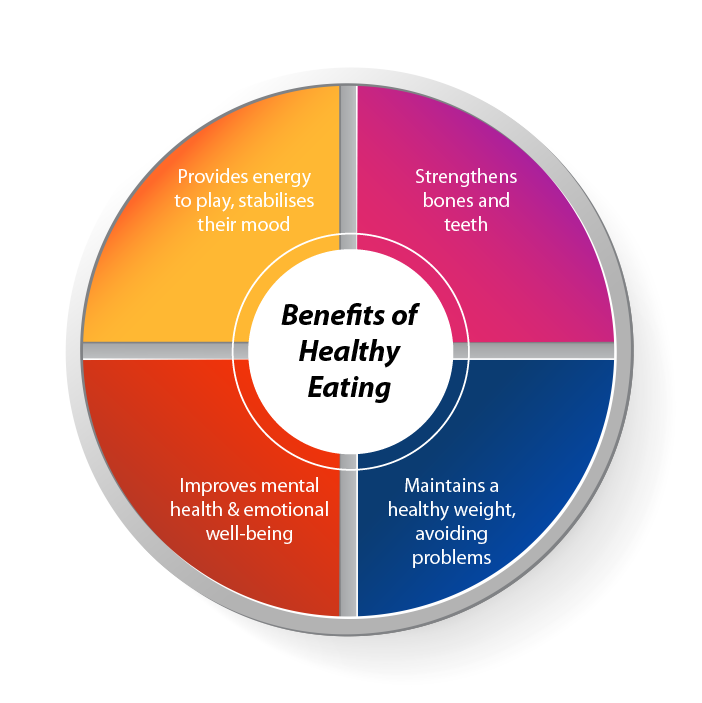“We cannot all succeed when half of us are held back. We call upon our sisters around the world to be brave, to embrace the strength within themselves and realise their full potential.”
– Malala Yousafzai
Despite the fact that children worldwide still have to deal with hardships in the twenty-first century, girls in particular experience different forms of discrimination, exploitation and oppression because of their gender, they break all odds.
According to numerous studies conducted by non-governmental organisations, national reports and figures from the UN, girls on the whole have lower literacy rates, receive less health care and are more frequently poor than males. These circumstances typically persist as girls develop into women.
The world’s girls are disproportionately affected by gender discrimination, which begins in childhood and continues to deprive them of their childhoods and limit their opportunities. A girl is much more likely to be denied her rights, prevented from attending school and subjected to different forms of coercions.
Every boy and girl should have an equal chance to live and prosper. The Akshaya Patra Foundation – one of India’s largest Mid-Day Meal NGOs, has long been regarded as the champion of gender neutrality and has been serving both male female children since 22 years.

The Mid-Day Meal Programme (currently known as PM Poshan Abhiyaan), Digital Education Programme and AVSAR Scholarship Programme has been working for years to provide quality nutrition and education to children from underprivileged communities, in order to prepare them to become the leaders and changemakers of the future.
We believe that food and education are key instruments that girls must use to reach their full potential by developing the skills and attitudes that put them on the road to social and economic empowerment.
More Power To Them!

Not much attention is being given to health due to insufficient doctors. The doctor to patient ratio is sympathetic as at the moment it stands at 1: 1000 a day. This results in a high mortality rate among children and the aged. I want to make a difference in the field of health care. Now that I have the tab, I can start preparing for entrance examinations,” she says. Pallavi is a beneficiary of the Digital Education Programme.

Premalatha thanks The Foundation for the AVSAR Scholarship that helped her succeed. She says she is independent today because of The Foundation’s support. Premalatha is a beneficiary of the AVSAR Scholarship Programme.
Over the years, Akshaya Patra has been providing nutrition and educational opportunity to girls from challenging socio-economic communities of India.
When you donate towards the cause of the organisation, you also qualify for a 50% tax exemption under Section 80G of the Income Tax Act as Akshaya Patra is registered under Section 12 A of the IT Act.
This National Girl Child Day, take a vow to stop gender discrimination.



















